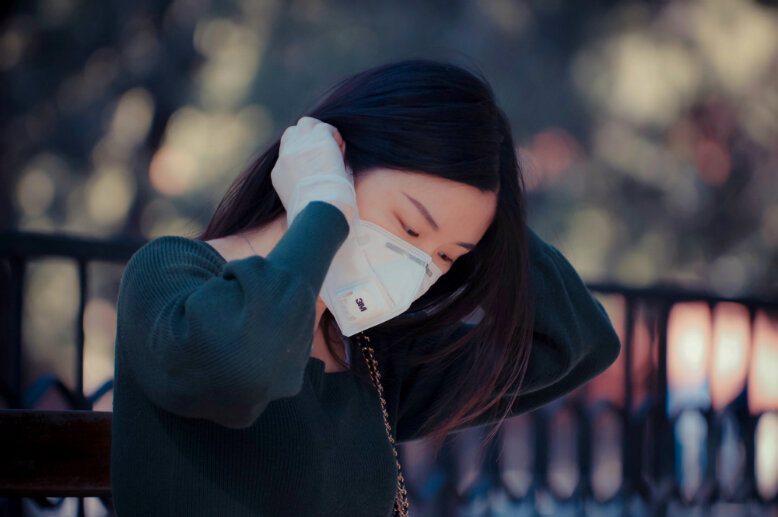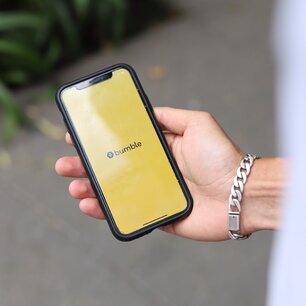To contain the pandemic we're currently facing, many countries have implemented their own strategies in battling the virus, with many enforcing social distancing, among others. Still, we see the number of patients rising day by day. As of writing, the World Health Organization (WHO) has tallied a total of 294,110 confirmed cases of COVID-19 around the world. As if that isn't enough bad news for us, while the virus quickly spreads, a number of unproven information about the virus is also flying around. You've probably come across these on your feeds — COVID-19 "facts" and updates on the virus that come from obscure sources. These so-called news bites, though shared by mostly well-meaning folks, can actually worsen the situation. It can spread more fear or false hopes. Ultimately, it can misdirect people from taking the proper precautionary measures against the disease.
So, to set things straight, the WHO has been updating their website with COVID-19 facts for people's information. Not to mention, doctors and health professionals like Dr. Faheem Younus, the Chief of Infectious Diseases at the University of Maryland UCH, have taken to their social media accounts to provide their followers with proven info and tips that might help their followers. Ahead, we list down all the information deemed to be untrue with COVID-19 facts we got based on all the information these helpful resources provided.

Protect yourself on all fronts by keeping well-informed with COVID-19 facts
Myth: COVID-19 can't be transmitted in countries with hot and humid climate
Fact: Seeing as how there are now hundreds of cases in our region, we all know by now that the high temperatures we experience day-to-day do nothing to stop the spread of the virus. WHO confirms this by stating that "the COVID-19 virus can be transmitted in all areas." Given that, there's also no reason to believe that the cold weather can get rid of the virus. They thrive in our bodies, and WHO explains, "the normal human body temperature remains around 36.5°C to 37°C, regardless of the external temperature or weather."
Myth: If you can hold our breath for 10 seconds without discomfort, you're negative from the virus
Fact: In his thread on Twitter regarding Coronavirus myths, Dr. Faheem Younus debunks the misconception stated above. Though COVID-19 leads to respiratory issues, Dr. Faheem expounds, "most young patients with Coronavirus will be able to hold their breaths for much longer than 10 seconds. And many elderly without the virus won’t be able to do it."

Some people don't show symptoms of the virus, so it's important to keep distance to avoid getting exposed
Myth: Mosquito can spread the disease
Fact: Though coronaviruses are a family of viruses that commonly infect animals and humans, to date, there's no evidence that mosquitos and their bites can spread the disease. WHO clarifies, "The new coronavirus is a respiratory virus which spreads primarily through droplets generated when an infected person coughs or sneezes, or through droplets of saliva or discharge from the nose."
Myth: Eating garlic will protect you from the virus
Fact: While garlic has immunity-boosting properties, as per WHO, there's currently no actual proof that it can ward away the disease — they're not vampires that can simply be scared away by an herb, after all. Still, it won't hurt if you fill your diet with immunity-boosting food that adds flavour to your meals.

Healthy food won't cure the disease, but it can help your body put up a fight against it
Myth: Drinking lots of water will cure COVID-19
Fact: One of the most common myths we hear about COVID-19 is that it lives in the throat. Some believe that keeping that part of the body moist and hydrated will zap the virus by washing it away towards your stomach where your acids will kill it. Dr. Faheem tweets that the virus can gain entry through our throats, but it will inevitably penetrate the cells. Simply put, "you can’t wash it away. Excessive water will make you run to the toilet."
Myth: You can contract the virus if you receive a package from an area with an outbreak
Fact: WHO says, "The likelihood of an infected person contaminating commercial goods is low." And while COVID-19 can live on surfaces for a few hours, it's highly unlikely that it will still survive on a package that has been shipped for days. After all, these packages have been transported and exposed to different conditions and temperatures along the way. So go on ahead, and enjoy your online shopping in peace.

Receiving a package from an area with reported cases is safe
There are many false truths becoming as vicious and as viral as the actual disease. But before we subscribe to them, it's important to double-check them first. As much as possible, try to consult a reputable and verified source before sharing them with others. And right now, what we can really do to keep everyone safe and healthy is still practising proper hygiene and keeping distance from other people. Most importantly, keep yourself updated with local protocols regarding the disease so you know when to seek medical help.
Next, lifestyle patterns to combat the current health crisis.
Comments, questions or feedback? Email us at [email protected].








